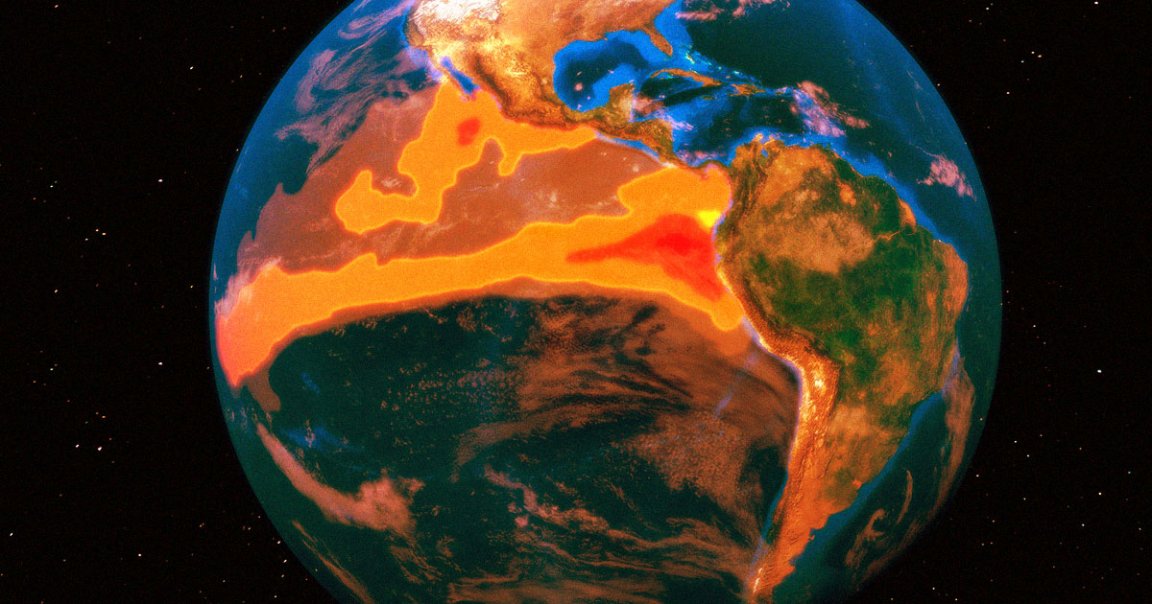
Off the Charts
Scientists are alarmed as ocean surface temperatures have continuously set new record-breaking highs over the last month.
According to data analyzed by the University of Maine’s Climate Change Institute, daily ocean surface temperatures breached historical record highs since at least 1982 in April.
That means we are in uncharted territory as global warming continues to take its toll with extreme weather events becoming more common by the year — and scientists are clearly shaken by the spiking temperatures.
“This is getting ridiculous,” physicist and climate change expert Rober Rohde tweeted . “For the last month [the daily index] has been continuously reading higher than in any previous year and still shows no sign of settling.”
All Rise
But others argued such a rise should be expected at this point.
“While it is comforting to see that the models work, it is terrifying, of course, to see climate change happening in real life,” replied Woods Hole Oceanographic Institution biogeochemist Jens Terhaar. “We are in it and it is just the beginning.”
It’s part of a greater, worrying trend. A study published last month in the journal Earth System Science Data found that our planet accumulated almost as much heat in the past 15 years as it had in the previous 45, a worrying sign that we’re in for considerable rises in global temperatures.
Worse yet, we’re still not entirely sure why this is even occurring.
“It’s not yet well established, why such a rapid change, and such a huge change is happening,” Karina Von Schuckmann, the lead author of the study, told the BBC.
Setting New Records
The previous ocean surface temperature record was set in 2016 during an El Niño, ScienceAlert reports, a weather pattern associated with a warm band of ocean water developing in the Pacific.
This year’s El Niño, however, will kick off at a much higher starting point, as Axios points out, which means we could see similar climate events accelerating going forward.
“2023 is off to an alarming start, even before El Niño conditions fully develop later this year,” Kim Cobb, a climate scientist at Brown University, told Axios, adding that “new record will likely be surpassed in a matter of years.”
More on the ocean: Scientists Discover Leak in the Bottom of the Ocean